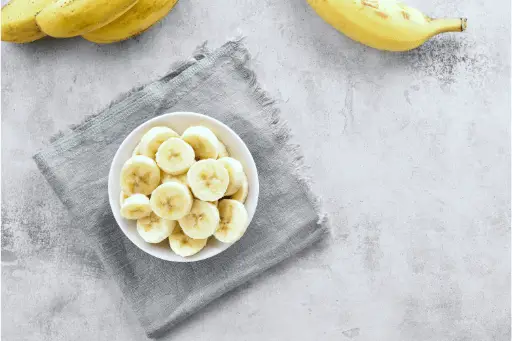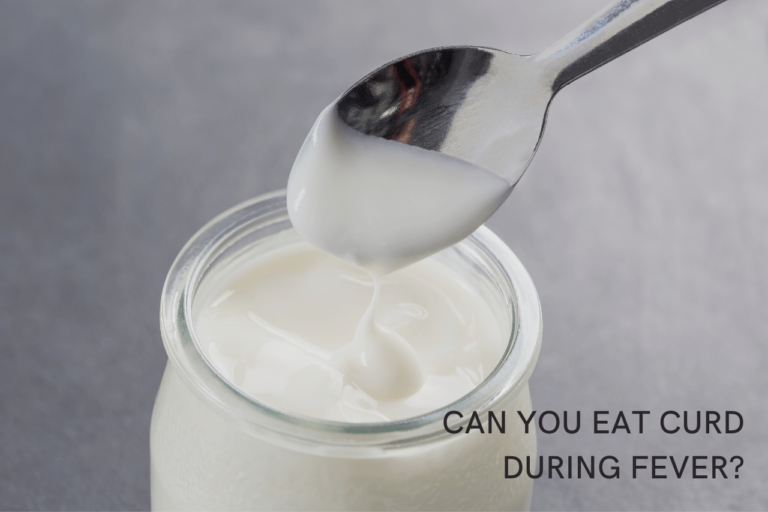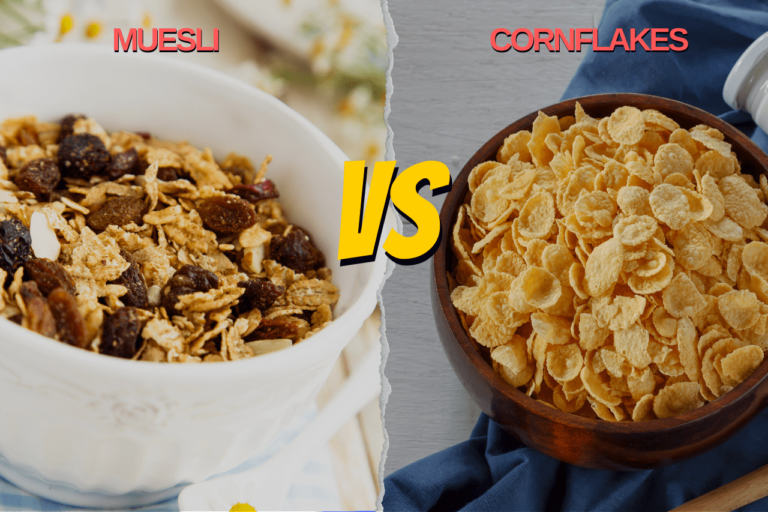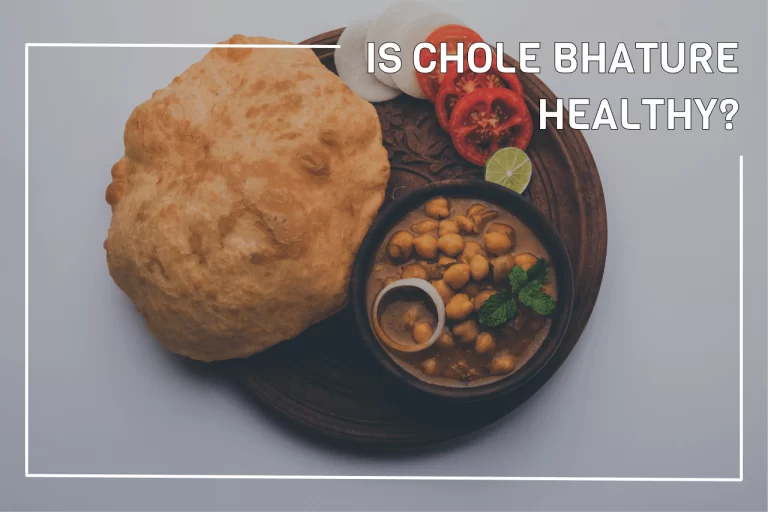When you have a fever, you lose appetite and don’t feel like eating anything. This is very bad for your health as you need to take good foods to recover soon. You are supposed to eat healthy when you have a fever.
While there are a lot of foods you can eat during fever, the question that is asked many times is, can we eat banana in fever? Yes, you can eat bananas during fever, and here are 5 reasons why.
Also read: Can You Eat Chicken During Fever? 5 Benefits You Need To Know
5 Reasons you can eat banana in fever

Balance body electrolytes
Bananas are among the best foods that you can eat in a fever. They contain good levels of potassium, which helps to balance out the body’s electrolytes.
When you have a fever, your body loses a lot of electrolytes through increased urination, so eating bananas can help to replace those lost electrolytes.
Ease your digestion
Fiber is an essential part of any diet, whether you are healthy or going through a fever. Bananas are a great source of fiber that helps keep your intestines moving during tough times.
A single medium-sized banana contains about 3 grams of fiber. This fiber helps your body expel toxins and speed up the healing process.
Also, it is common to have watery stools at fever, and eating enough fiber in your diet helps solidify the stool.
Boost your immune system
When you get a fever, your immune system develops antibodies and works hard to fight the infection. In that case, the best you can do is help your immune system.
In addition to being a great source of potassium, bananas also contain vitamin C and B6, both of which are important for keeping your immune system strong.
One medium banana has 30% of the recommended daily intake of vitamin B-6 and 11% of Vitamin C.
So the next time you have a fever, try eating a banana—you may feel better fast!
Provide energy
Body weakness is one of the most common symptoms of fever. Also, the body loses electrolytes and eventually increases fatigue. All this results in low energy during the fever.
Banana is a good source of magnesium-containing about 8% of the daily value. When you’re sick, magnesium helps your body fight infections. Magnesium improves the white blood cells’ ability to seek out and destroy germs. It also helps produce energy for your body to use.
Moreover, magnesium also helps boost your immune system and sleep better during the fever.
Keeps you hydrated
One of the most important ways to help your body fight fever is to make sure you are properly hydrated. When you have a fever, your body works hard to create sweat to cool you down. This sweat brings water with it, and if you’re not taking in enough fluids, you can become dehydrated.
Eating banana during fever is a great way to keep you hydrated, as an average banana constitutes 74% water of the total weight of a banana.
Also read: Can You Eat Apple In A Fever? Let’s Find Out!
Are there any side effects to eating banana in fever?
Banana side effects are uncommon, but they can include bloating, gas, cramping, softer stools, nausea, and vomiting. Also, eating a banana in high amounts may cause high potassium levels in the blood, leading to abdominal pain and diarrhea.
It’s best to stick to 2 bananas a day during fever with a mix of other fruits and lots of liquid.
Also, people who are allergic to banana should avoid them.
Final words
Banana is an excellent snack for people who are recovering from a fever. They are rich in potassium, which can help balance body electrolytes. It also contains a number of other nutrients that can help boost the immune system. So yes, you can eat a banana when you have a fever.
The next time someone stops you from eating a banana, tell them about these five reasons to eat a banana when you have a fever.
Found this information helpful? Spread it to the world





Great info! It help brighten up my day! I appreciate it.